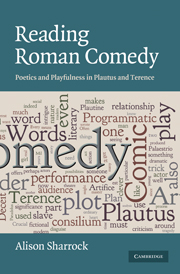2 - Beginnings
Published online by Cambridge University Press: 18 December 2009
Summary
How does anything ever manage to begin? There is an enormous burden of proof placed on the opening of any cultural act, be it literary work, religious ritual, public performance, educational session or indeed work of literary criticism. This is in part simply because the initial impression is crucial to the reception of the act and because mistakes at this point are among the hardest to repair, but, beyond that technical difficulty of creating a good impression apparently out of nowhere, the opening must bear an additional burden, which is a performative one. The beginning has to act as if it is doing something, causing something to happen, changing the world – when everyone knows that no beginning is ever really The Beginning. As Said says (1975: 50), ‘a beginning might well be a necessary fiction’.
Yet for all this difficulty, it hardly needs saying that there is something very special about beginnings of all varieties, literary and social, and Roman culture is no exception to the pattern of strongly marking the opening, embodied especially in the cult of the god Janus. Our sense that every beginning is also an ending is symbolised by the very nature of the two-headed god, looking backwards even as he presides over novelty. Ovid, in the Fasti, has a discussion with Janus (Fasti 1.63–288) about the nature of the god and his jurisdiction over beginnings, in which the importance of beginning, and of starting as you mean to go on, is sanctified as essential not only to the poem thus initiated, but also to the Roman world and its relationship with the cosmos.
- Type
- Chapter
- Information
- Reading Roman ComedyPoetics and Playfulness in Plautus and Terence, pp. 22 - 95Publisher: Cambridge University PressPrint publication year: 2009

